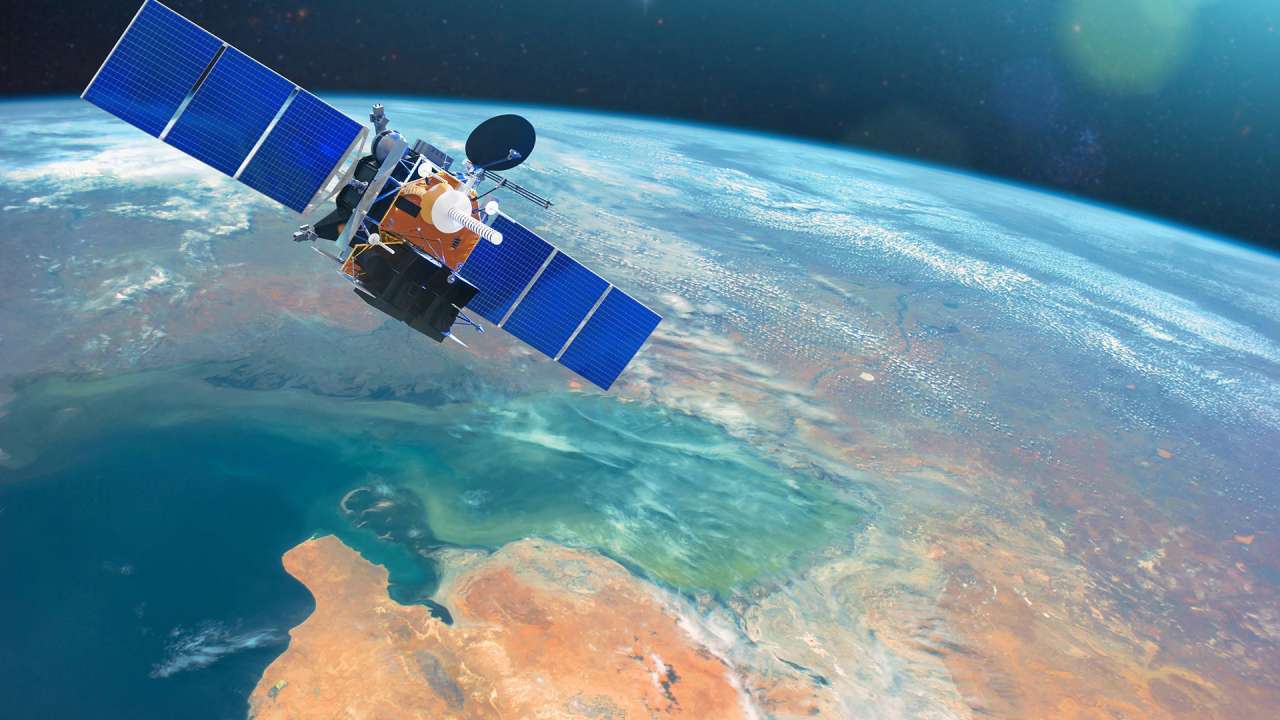SOURCE: AFI

The Indian Space Research Organisation (Isro) released its annual Space Situational Assessment Report (ISSAR) for 2023, outlining a year marked by a rise in both space traffic and Isro’s efforts to maneuver its satellites safely.
The report highlights a significant increase in the number of collision avoidance maneuvers (CAMs) conducted by Isro in 2023. This reflects a growing trend in the number of space objects in orbit, with 2023 seeing more launches and on-orbit breakups compared to 2022. While Isro’s high-profile missions like Chandrayaan-3 and Aditya-L1 didn’t require specific interventions, the report emphasizes the importance of continuous monitoring and precise orbital data analysis.
Isro’s meticulous approach to space safety extends beyond collision avoidance. The report details the successful re-entry of eight Indian satellites in 2023. This includes the controlled de-orbiting of Megha-Tropiques-1, showcasing Isro’s commitment to responsible space debris management.
However, the report also acknowledges the ongoing challenge of space debris. It notes that 82 rocket bodies from Indian launches remain in orbit, with fragments from a 2001 PSLV-C3 mishap still contributing to the total.
Isro’s ISSAR provides valuable insights into the increasingly crowded orbital environment. By proactively addressing potential collisions and implementing responsible de-orbiting practices, Isro is ensuring the continued success of its space missions while contributing to a sustainable space future.